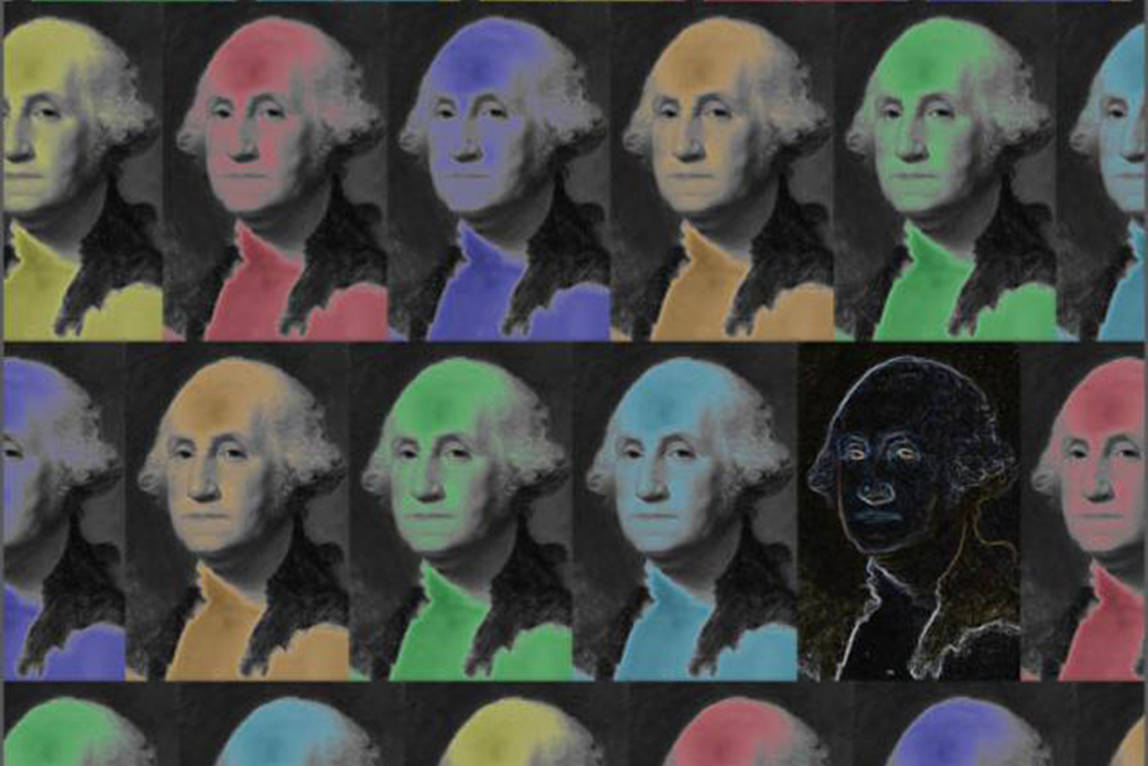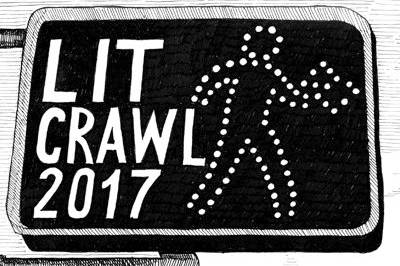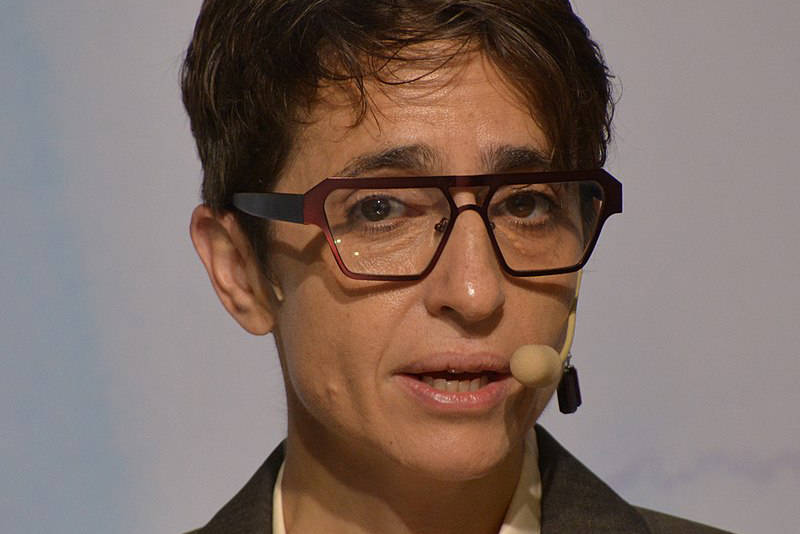Every so often some jackass from a conservative outlet will point to government expenditure on poets as a sign that spending is out of control. Two years ago, KIRO ran a story headlined “City will pay poet $10K to hold performances, workshops” that seemed to be designed to whip commenters into an uproar. In state and city budgets, the numbers we’re talking about aren’t even big enough to count as pocket change: The Washington state Poet Laureate position receives a $20,000 annual stipend from the state (which comes mostly from grants, not taxes), and Seattle’s Civic Poet still earns $10,000 for a two-year stint. But angry mediocre white guys gotta whine about something, and state-sponsored poetry seems as good a target as any.
But as investments go, these government-sponsored poetry positions pay out in huge ways. Washington has had a string of excellent Poets Laureate (Sam Green, Kathleen Flenniken, Elizabeth Austen, and currently Tod Marshall) who have worked hard to elevate local poets and their poetry through a blend of education, promotion, and memorialization. The Poet Laureate job, put simply, is to make Washingtonians care about poetry.
Seattle’s very first Civic Poet, Claudia Castro Luna, has done excellent work on a citywide level. Luna reads poems at the beginning of City Council meetings, performs at readings around the city, and honors Seattle poets whose work deserves to be more widely known. Poetry doesn’t pay well, but it does remind us to stop and acknowledge the beauty, sublimity, and injustice in everyday life, and it records our daily life in a format that will speak to future generations in ways that old newspaper articles or archived tweets cannot.
This year, Marshall released what might be his crowning work as Washington state Poet Laureate: an anthology of Washington poets titled WA129. From some 2000 submitted poems, Marshall selected just over a hundred to illustrate who and what we are as a people right now. The depth and breadth of the anthology is inspiring.
Read the rest of this review in the print edition of Seattle Weekly or online at The Seattle Review of Books. Paul Constant is co-founder of The Seattle Review of Books. Read books coverage at seattlereviewofbooks.com.








